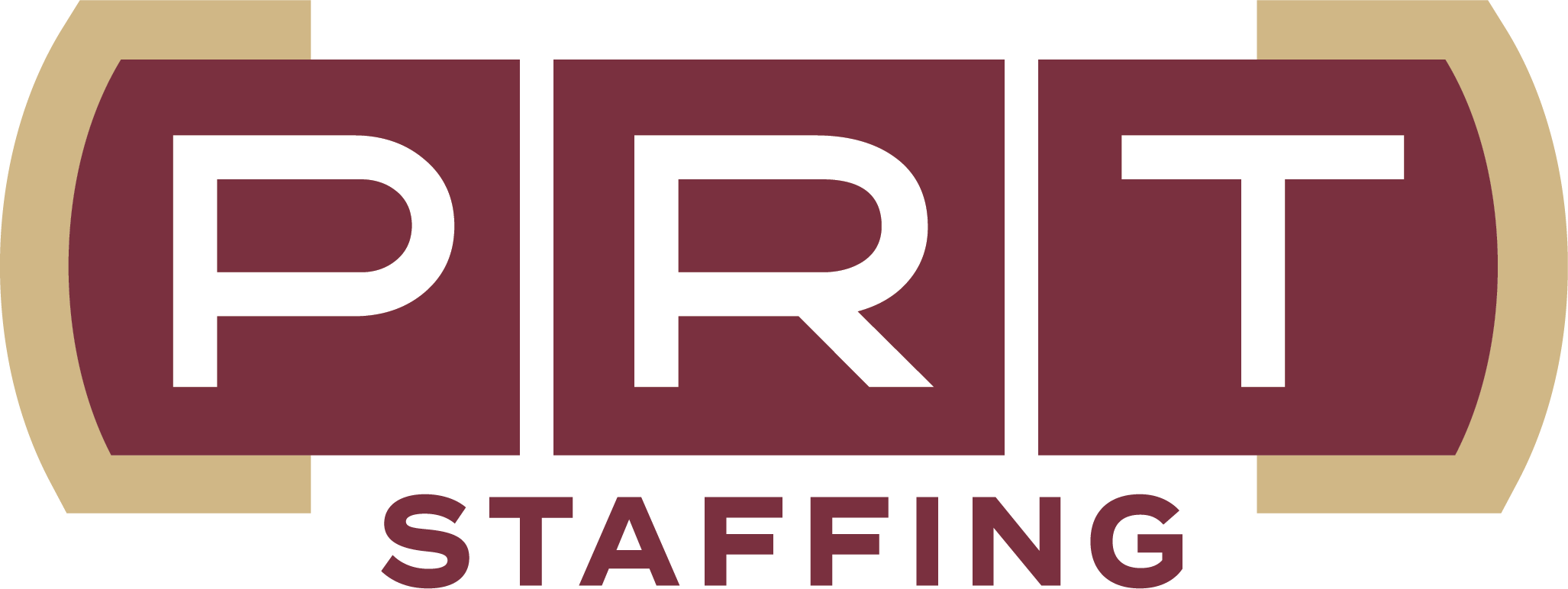5 Steps to Asking for a Perfect Job Reference
Job seekers may give a lot of time and thought to crafting perfect resumes and writing creative cover letters, but they should also pay close attention to another part of the application process, your job references.
Your references are important and can be the difference between being hired or not.
“If you're about to begin a job search, you should expect to have your references checked,” writes Alison Doyle in The Balance. “The references you provide to employers may be contacted about your employment history, qualifications, and the skills that qualify you for the job.”
One in Three Do Not Get Hired After Reference Check
Just how important are your references when applying for a job?
Accountemps did a survey of 2,800 senior managers across the U.S. and found that they removed one in three job candidates (34 percent) from consideration of a position with their company after a reference check.
That same survey found that when hiring managers check up on your reference, the single most important piece of information they are looking for is:
- 38 percent said a view into the applicant’s strengths and weaknesses.
- 22 percent wanted a description of past job duties and experience.
- 19 percent needed confirmation of job title and dates of employment.
- 12 percent tried to get a sense of the applicant’s preferred work culture.
- 10 percent ask for a description of workplace accomplishments.
5 Steps to Nail the Perfect Reference
Since you should never include your references on your resume or furnish without being asked for them, the fact that an employer is asking for your references is a big step in the right direction.
“If an employer asks you for your job references, you’re in the home stretch,” says Zip Recruiter.
To make sure you do not stumble down the stretch and miss out on the job, try these 5 steps to nailing the perfect reference:
1. Put Effort into Choosing Your References: If you just dash off the first three names you think of and do not give a lot of thought into how these people might be (or not be!) good references, then you are setting yourself up for failure.
Take time and choose wisely, thinking about former employers and coworkers who might best represent what attributes and qualities you can bring to a job role.
While previous employers are usually the best references, you can also rely on the three C’s:
- Customers
- Clients
- Commanding officers from service
For recent grads, college and high school professors and teachers can suffice.
Thinking outside of the box, you could use religious leaders, club members, and fellow volunteers at non-profit organizations to be your references.
2. Confirm That They Will Make a Good Reference: After choosing your desired references, do not list them until you have confirmed with them that they want to be a reference for you.
It is best to have your references lined up prior to your job search so reach out to your reference candidate and ask them politely if they would be comfortable being a reference for you.
Meet in-person, call, or set up a Zoom call with the person and give them an idea of the type of jobs and roles you will be seeking. Do not leave this important step to an email.
Do not be afraid to ask them if they are able to provide you with a positive recommendation without any reservations. Pay attention to body language and if they seem hesitate at all, that may be a sign that they are not a good fit as your reference.
3. Refresh Their Memory: Once you have chosen your reference and confirmed that they will make a good reference, take time to refresh their memory on some of your job accomplishments or better work qualities.
Do not assume that they will simply remember everything about you, especially if it has been several years since you worked for or with them. Be prepared to remind them of key projects, successes, awards won, etc.
This would be a great stage to furnish them with your updated resume which will help guide them when they are called by employers.
You could set up a quick coffee or Zoom call with them to go over the resume and see if they have any questions. This is a great opportunity to give them a big “thanks!” for being your reference.
4. Keep Them Updated on Your Job Hunt: Never let your references be “ambushed” with a call out of the blue from an employer. Keep them in the loop and updated on your job hunt.
When you have made the cut to where an employer is asking for references, circle back to your references and let them know:
- Job title and role you applied for
- Name of Company
- Possible name of contact person that may call them
After your references have been contacted, share with them the good news if you got hired (and another big “Thank You!”) or let them know you did not make the final cut and that you are still searching.
5. Refresh as Needed: Your reference list should not be static but should change as needed. Older references should be dropped over time for newer references.
It is okay to have a pool of references to choose from, especially if you have worked in different career fields. Have specific references geared to certain job titles and roles.
Contact PRT Staffing today to find out how we make job seekers with employers in the construction, industrial, energy, manufacturing, disaster recovery, and hospitality and events sectors.





